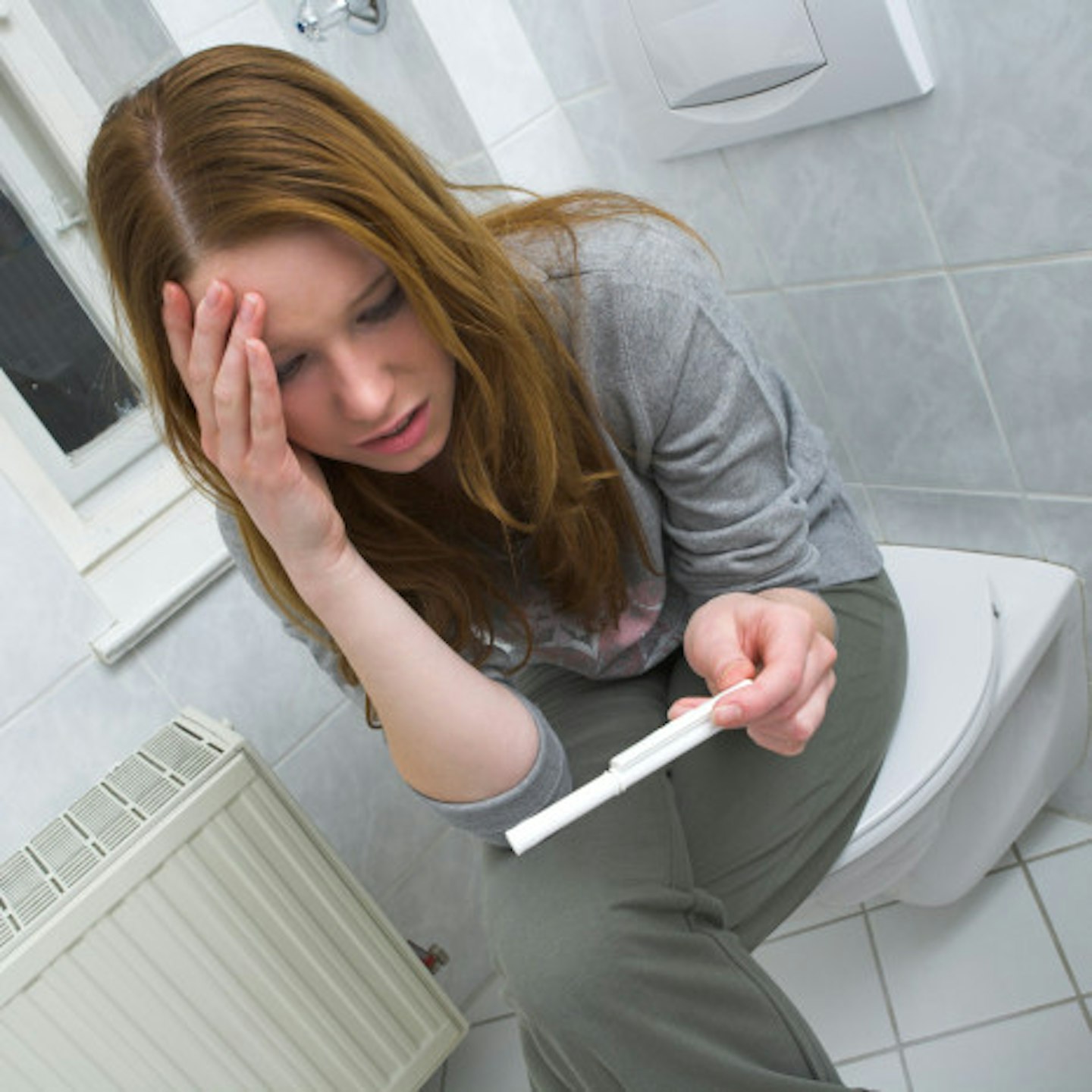Infertility is when a couple cannot get pregnant, despite having regular unprotected sex.
Around one in seven couples may have difficulty conceiving, which, according to the NHS, works out as approximately 3.5 million people in the UK.
They explain: “For couples who have been trying to conceive for more than three years without success, the likelihood of pregnancy occurring within the next year is 25% or less.”
What are the symptoms of infertility in women?
The main symptom of infertility is the inability of a couple to get pregnant after a year of trying - and there may be no other outward signs or symptoms.
However changes to your menstrual cycle or ovulation can be a symptom of infertility.
These include:
According to the NHS, ovulation problems can occur as a result of many conditions, such as:

A hormonal imbalance or abnormality can also delay or prevent the ovaries from releasing an egg.
Symptoms that suggest a hormonal abnormality include:
According to the NHS, the following can all also cause infertility in women:
It is worth pointing out that some medications or drugs, such as antipsychotic or chemotherapy medicines, can also affect your fertility.
Long-term use of a high dosage of NSAIDs (non-steroidal anti-inflammatory drugs), such as ibuprofen or aspirin, can also make it more difficult for you to conceive.

What causes infertility in men?
Infertility symptoms in men can be vague, and may go unnoticed until pregnancy is attempted.
However, according to the NHS, the most common reasons for infertility in men are:

What increases the risk of infertility in both men and women?
In addition to age-related factors (in women, fertility declines with age, and even more so after the age of 35. In men, those who are 40 or over often see a decrease in fertility), increased risk for infertility is associated with the following:
When should I see a doctor?
When to seek help depends, in part, on your age.

REMEMBER:
A person who has infertility has a reduced ability to have a child. It doesn't necessarily mean that they are sterile / will never go on to have a child. In fact, more than half of couples who seek infertility treatments eventually become pregnant.
